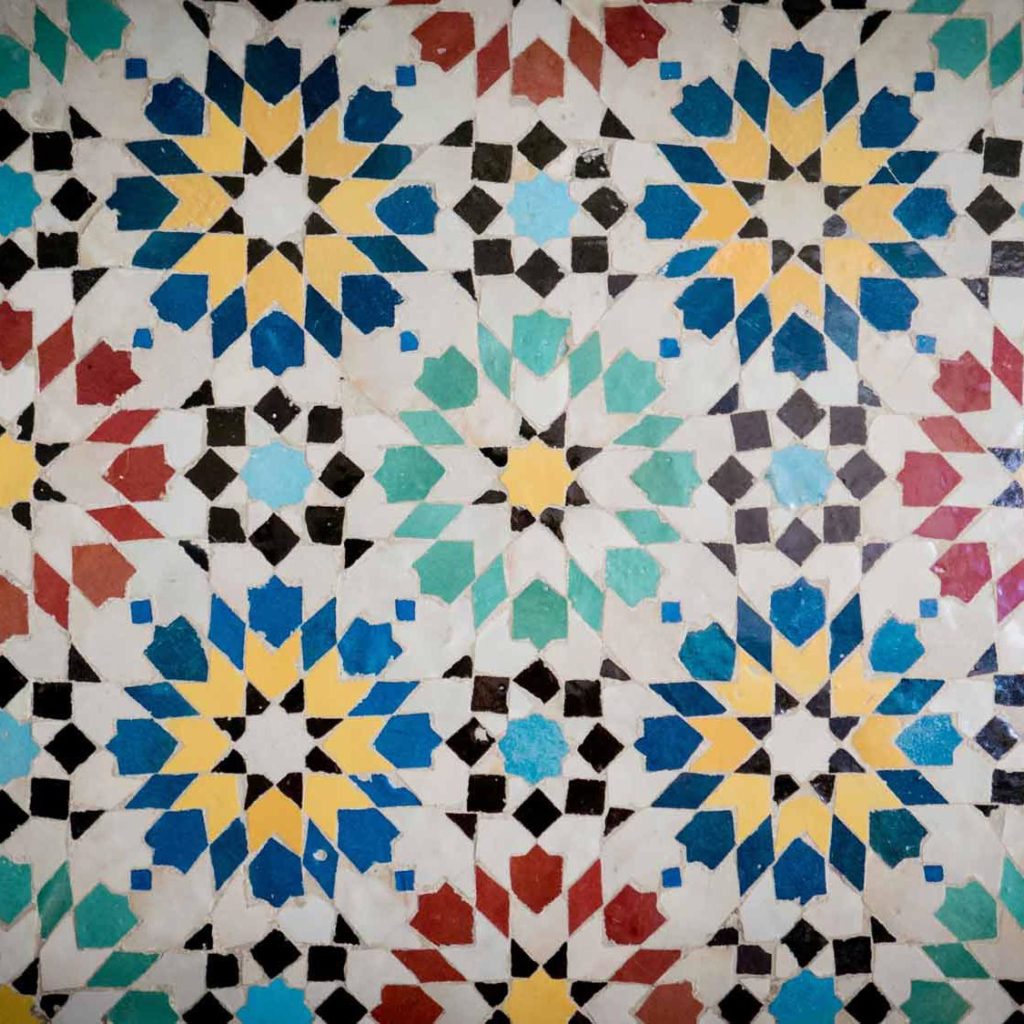
Ramadan is the holiest month in Islam. Globally, there are 1.9 billion Muslims and one of the tenets of Islam is to fast during the holy month of Ramadan. Because the Islamic calendar is lunar-based, the dates of this month change from year to year. In 2024, Ramadan will most likely start around March 10th and end April 9th. During Ramadan, observant Muslims abstain from food, drink (including water and coffee), and sexual acts from dawn to sunset.
Muslims who are healthy and physically able should fast in Ramadan. There are exceptions – including but not limited to women on their menses, those who are ill (either with chronic or acute illnesses), those who are traveling, the elderly, and prepubertal children.
Pregnant women and women who are breastfeeding are not exempt from fasting, however, if it becomes harmful to the mother and child, then maternal and fetal health should be prioritized and she should not continue fasting. They may also continue fasting because of the communal and spiritual connection they feel while fasting in Ramadan.
Although there is limited data about breastfeeding and the effects of fasting, research shows that fasting is not harmful to the baby or the mother. Macronutrients and the volume of breastmilk are not affected by fasting during Ramadan, however, there can be some variation in the level of micronutrients present in the milk. Research has also shown that the baby’s weight is not affected by fasting while breastfeeding.
Breastfeeding requires at least another 400 calories plus an additional 500-1,000 mL of fluids. It’s incredibly quick to become dehydrated when you are breastfeeding because your fluids are going into the breastmilk and you’re not retaining as much as necessary for regular cell function. That’s why both hydration and nutrition needs are much greater when you are breastfeeding. It is imperative to drink enough fluids and maintain adequate hydration as not doing so can potentially pose harm to you, your baby, and your milk supply. If you are chronically dehydrated, it is prudent to consider abstaining from fasting until adequate hydration is met.
Special considerations should be taken when fasting while exclusively breastfeeding. Because your baby will not receive any other nutrition than your breastmilk, it is imperative to make conscious decisions about nutritionally dense foods and maintain adequate hydration. This will ensure that your milk supply remains steady during Ramadan. Take a prenatal vitamin daily to ensure you are receiving the appropriate amount of macronutrients and micronutrients necessary for healthy breast milk. Continue providing Vitamin D supplementation for your baby while exclusively breastfeeding.
Pay close attention to the number of feeds and the duration of each feed. This can give you a general idea of your milk supply. If you notice the duration of feeds or the number of feeds is decreasing, this may be a sign your milk supply is decreasing. While both you and your baby are getting adjusted to Ramadan, you may notice that your baby is more likely to feed during the night. If they are latching less often or not feeding for as long as usual, this might be because your milk supply is lessening. If you are not exclusively breastfeeding and your baby is older than 6 months, consider supplementing with formula or solid foods. If you are exclusively breastfeeding, consider fasting every other day or every third day to ensure you are receiving adequate hydration and nutrition.
This is not personalized medical advice. Please speak with a practicing Muslim physician in conjunction with an Islamic scholar, and have a conversation about whether breastfeeding while fasting is safe for you. That way, you can make an informed decision about fasting while breastfeeding.
*Written by Deena Kishawi, MD. She is an obstetrician and gynecologist practicing in Chicago. She provides evidence-based management and guidelines for her patients, while also ensuring it is in concordance with Islamic values. She is an active member of the Darul Qasim Bioethics Cohort. Of note, the author is from the Shafi’ee Madhab which has this provision.
References (APA)